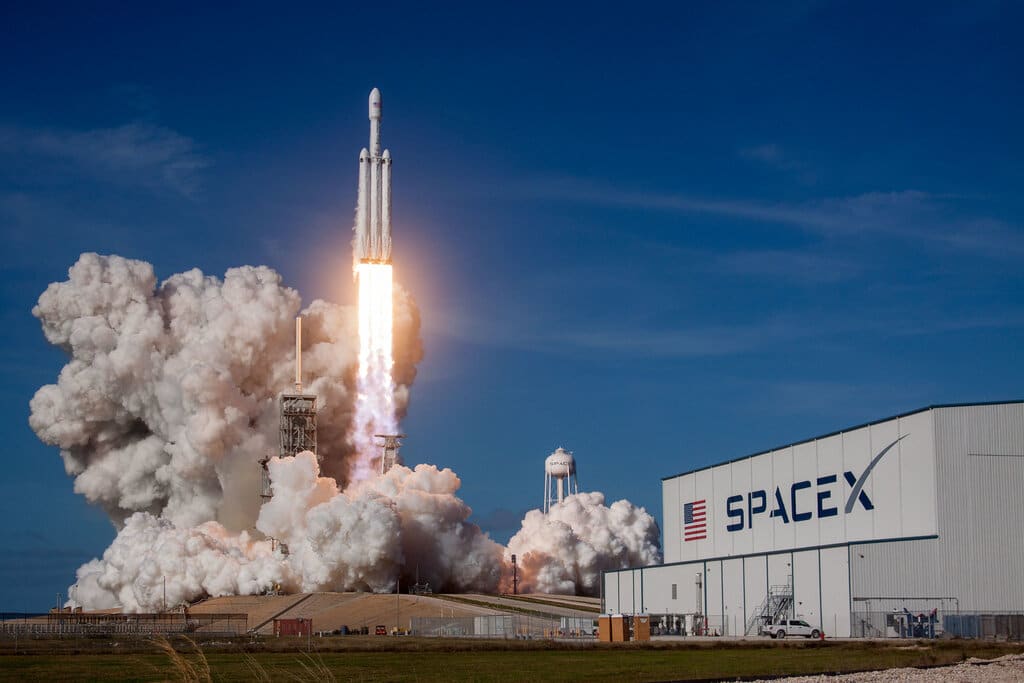The founder of SpaceX is seeking to use carbon capture technology that can help alleviate climate change, and use it for rocket fuel in his private space programme.
—
SpaceX and Tesla CEO Elon Musk have announced plans to launch a new initiative to capture carbon dioxide from the atmosphere and convert it into rocket fuel.
“SpaceX is starting a programme to take CO2 out of the atmosphere and turn it into rocket fuel. Please join if interested,” Musk tweeted, adding that the initiative “will be important for Mars”.
The announcement comes just weeks after the tech billionaire was named Time magazine and The Financial Times’ Person of the Year, to much criticism and the growing discussions surrounding the environmental impacts of commercial space tourism. Recent data from the 2022 World Inequality Report showed that the carbon footprint of a single space flight is more than what the bottom billion of the world’s population produce in their entire lifetime.
Many have accused billionaire entrepreneurs such as Amazon founder Jeff Bezos, Virgin Galatic CEO Richard Branson, as well as Musk himself, of focusing on their private space programmes instead of helping repair and protect the planet from climate catastrophe. However, the proposed plan could help alleviate the effects of climate change – and allow Musk to squash those criticisms – while supporting and expanding his space programme, who has also expressed a desire to build a settlement on Mars.
Carbon capture technology has been gaining momentum in recent years as a solution to mitigate the climate crisis. As climate change is primarily caused by excessive carbon dioxide emissions that are then trapped under the atmosphere, causing global temperatures to rise. Capturing carbon would help slow down global warming and alleviate climate change.
In 2021, the world’s largest direct air capture plant began operations in Iceland, with the aim to collect about 4,000 tonnes of carbon dioxide a year that are then stored underground and converted into stone. Currently, the company spends between USD$600 and $800 to remove a ton of carbon dioxide, but hopes to reduce the cost down to between $100 and $200 a metric ton to make the project more economically feasible. Though some experts argue that global efforts should focus more on reducing carbon emissions instead of scaling up the technology.
While there are no further details and timeline regarding SpaceX’s carbon capture programme, Musk has funded a $100 million X-Prize to encourage development of carbon capture technologies. The winner of the grand prize “must demonstrate a working solution at a scale of at least 1,000 tonnes removed per year; model their costs at a scale of 1 million tonnes per year; and show a pathway to achieving a scale of gigatonnes per year in future.”
Featured image by: Official SpaceX Photos/Flickr (CC BY-NC 2.0)


















